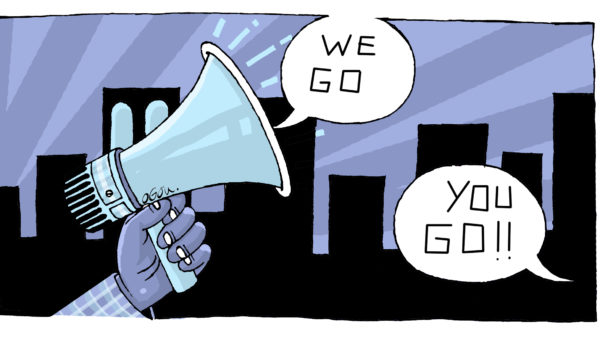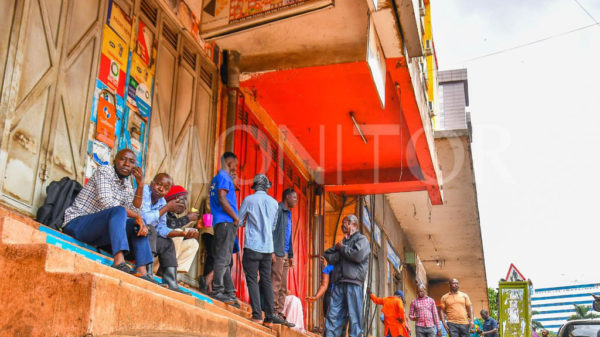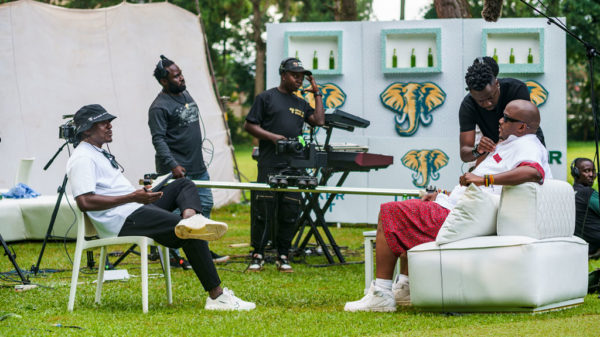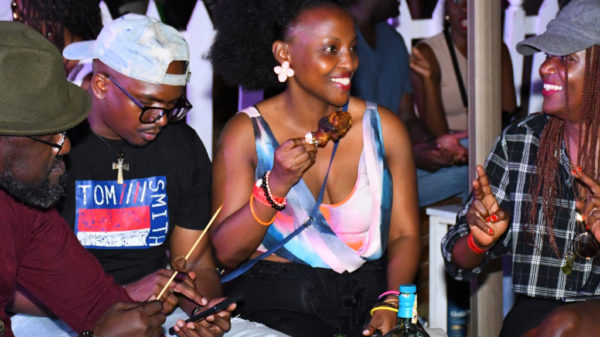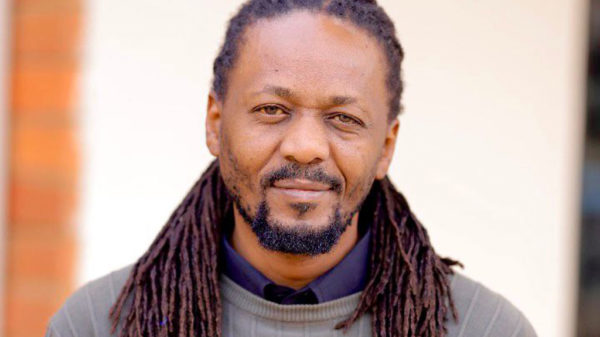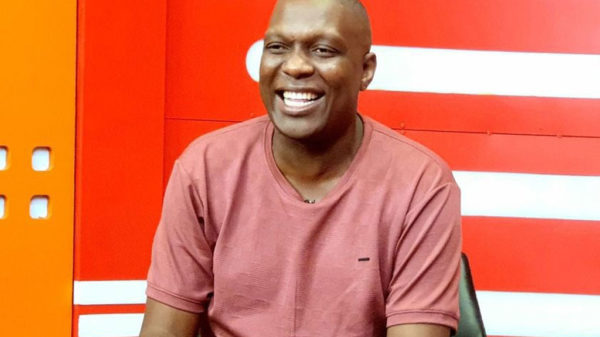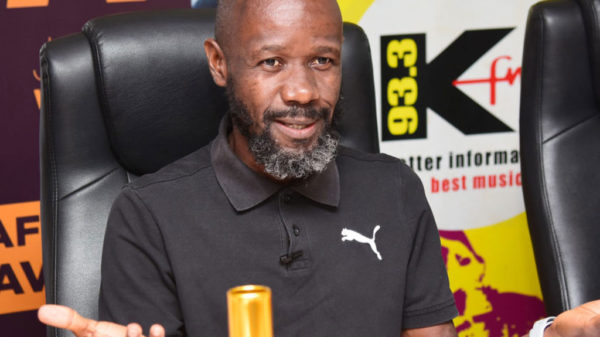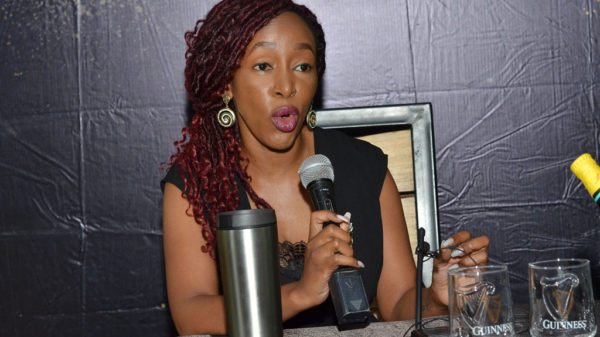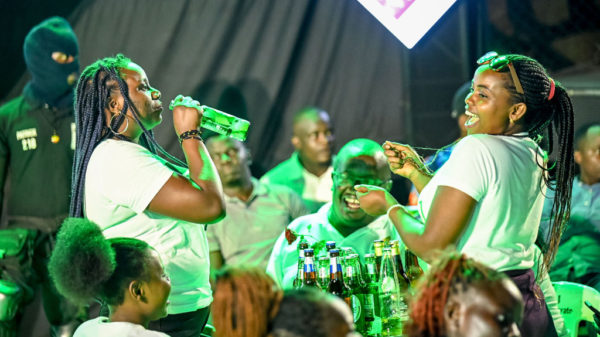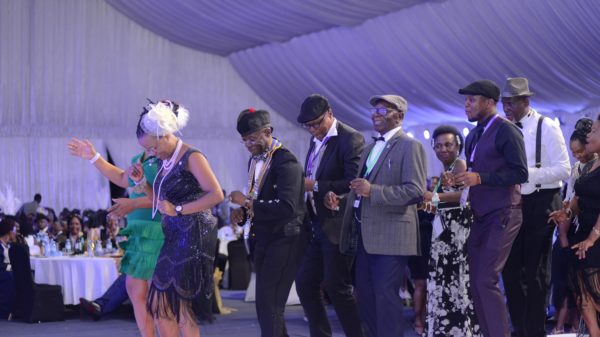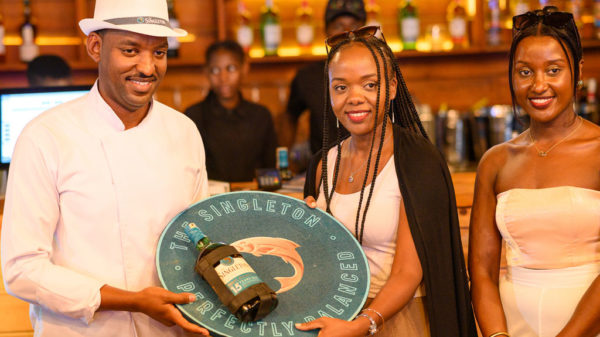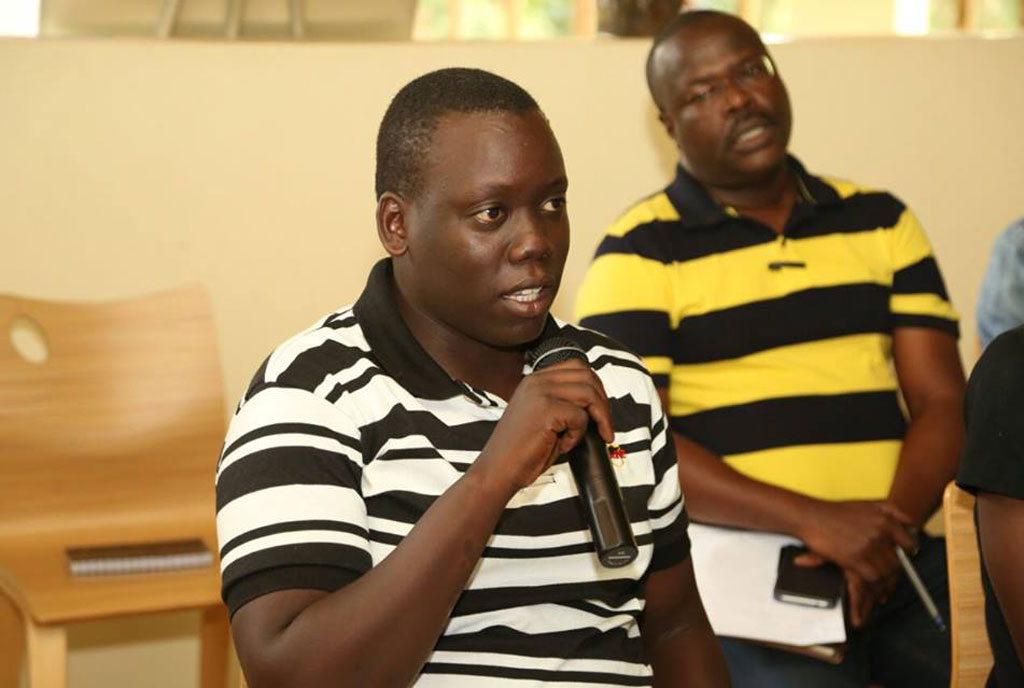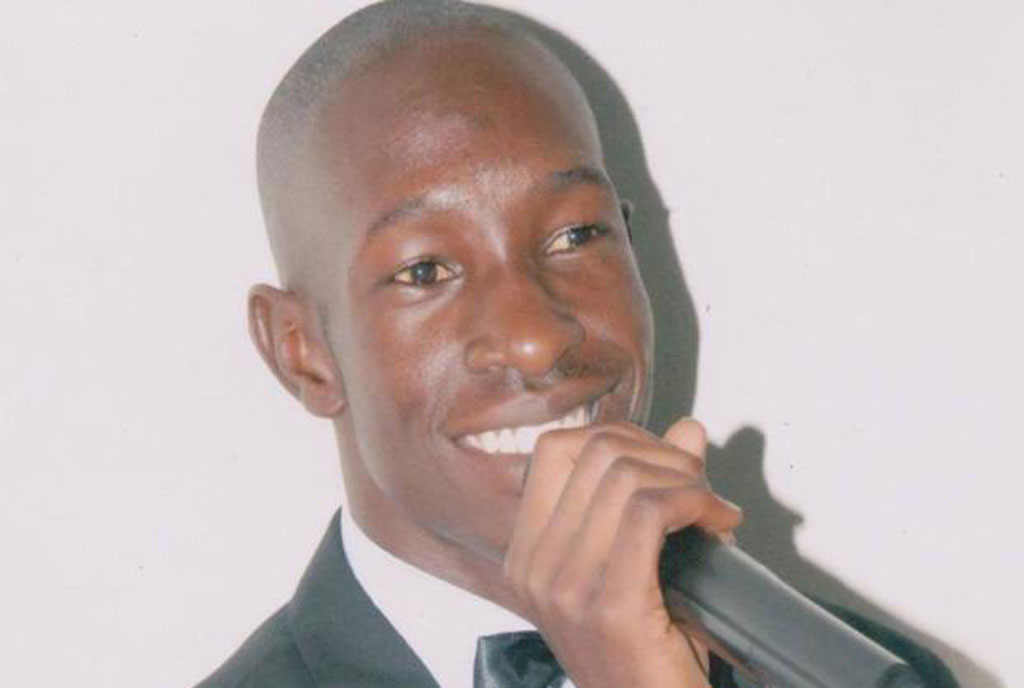SECOND THOUGHT: Serving God is a calling that is never discriminatory. You will find nuns or priests from all sorts of backgrounds. Yet, besides the calling, vocations such as priesthood are lifetime and thus call for commitments where a person seeking priesthood must endure for years through the junior, minor and major seminary before they are ordained. Andrew Kaggwa talks to young men who abandoned the journey for other life choices.
Nelson Bwire: His family had issues
Like many people, he never thought about priesthood, but was from a religious family with three sisters in a convent and a brother already in a seminary.
“We got a visiting bishop at St Fatima Catholic Church (the main Parish in Jinja Town) and midway his homily, he looked around the church and said:
“There is a young boy right there (pointing at me) who would really look good as a priest.”
At this time, Bwire was finishing his first Holy Communion studies but later after confirmation, his sister would take him to Uganda Martyrs Minor Seminary for an interview.
“The interview was about prayers and general knowledge. I had learnt so many prayers during my Holy Communion course and confirmation that he was shocked I would say each prayer from the prayer book from start to finish.”
“I did not join minor seminary until I finished my PLE and to me, it was just like a normal school, This applies to even the other students I joined with. We all joined as normal students, but a seminary is called a formation house. While there, you are given reasons why you should be a priest or not.”
At the time he joined, Jinja Diocese had abolished studying within the seminary.
“They proposed that students be allowed to mingle with the outside world so that they get better life learning opportunities, expose themselves to different situations so that they can make better decisions on their journey to priesthood.”
This presented seminarians with a choice of being members of two establishments; Jinja College as the school and the seminary as a formation. The unsupervised walk in and out of the seminary to Jinja College, seemed like an ordinary secondary school though Bwire notes that slowly, he started getting a feeling that priesthood was his call.
“The seminary moulds you into something they want you to be,” he says, adding that at the seminary, they were not allowed to carry eats or pocket money, yet people would show up at the dining hall and never fight for food.
“The first night, I slept and woke up at about 9am. My colleagues had gone for prayers, finished, taken breakfast and gone to class. There was no bell or warden to chase anyone around or wake you up.”
Leaving the seminary
It all started when his mother’s attempts to visit him and his brother failed twice.
“We are only two boys and we were all in the seminary.”
The family started having issues after the failed visits.
“The entire family was worried. Mum started a campaign to withdraw from the seminary.” Things escalated when his brother was asked to repeat a class.
Fitting in
Bwire says he found elements in a mixed school shocking, especially boys holding girls in the open without supervision of an elder.
“How would you hug a girl without emotions or hold hands? I believed no boy speaks to a girl for even 30 minutes constructively.”
The strangest though was that he thought every girl was beautiful.
People thought he was strange since he never waited for bells, he walked out of class when tired and would stay in bed when he did not feel like attending preps.
But the dresscode gave many things away: “I had open shoes which I would put on with socks and I would take tea with biscuits. I was like a tourist attraction for the first months.”
However, regardless of how strange he may have been, it was at this mixed school that he met his wife.
Joseph Nsubuga: Expelled
Joseph Nsubuga had grown up with priests at Mill Hill Missionaries. And the lifestyle of the priests and their service had quickly endeared him to the vocation.
“I felt that I would also become a priest and offer services to communities like they did,” he says.
Then, he had his sights on a seminary in Rubaga where most seminarians that he had seen in service used to come from.
However, when he talked to the parish priest, he was advised to join Nyenga Seminary: “It was the first time I was hearing about Nyenga Seminary but I really wanted to become a priest, so I simply accepted.”
But Nsubuga was not fit to join the seminary, as the rules were that the parents were supposed to be married in church, yet, much as he was living with both his parents, they were not married.
The parish priest, however, recommended him with a promise that his parents were going to ‘correct’ the marriage situation.
“He easily recommended me because even before joining the seminary, I was the leader of altar boys.”
A seminary, Nsubuga says, is a different kind of organisation that impacts a child in different ways. “When I was young, I thought that they were being strict.”
However, after leaving the seminary, he says many of the values they enforced, for example keeping time, cleanliness and working on tasks as a team rather than individuals have helped him realise the formation shaped him for the better.
Leaving the seminary
Almost a year into the seminary, the parents were not fulfilling their promise, even after a priest at Nyenga Seminary intervened together with the parish priest. “In one of the meetings, my mother told the priest that she did not even want her son to become a priest,” he says.
Making matters worse, Nsubuga himself was not one of the easiest students; he was so naughty that when he was caught in the wrong, he did not survive. He was expelled.
Godfrey Wawelu: Lost interest
Godfrey Wawelu was the case of very many kids that have finished primary school – very naughty. He was meant to join one of the St Lawrence schools, “but someone suggested that I join the seminary for formation.”
From the time he joined Kisubi Minor Seminary, he knew he was there for life skills rather than priesthood. “I noticed there were more people that were like me, mostly there for behavioural change but not to become priests,” he says, adding that there were those that indeed wanted to become priests.
Wawelu was at Kisubi for all his six secondary school years and at the end, “I knew that was it.” While at the seminary, since he had no dreams of becoming a priest, he had gotten himself a girlfriend, but since most letters in such settings are checked, much of the communication was on email and Hi5.
“But in case a letter was read and it was from a girl, they would call you for counselling; it would not get you expelled,” he says.
According to Wawelu, the way a seminary is structured, gives a child a formation they may not find in regular schools. “For instance, when I joined university, my transition was swift, I found things easy,” he says, adding that unlike many of his friends, he was good with time, clean and never walked about aimlessly. “People started looking up to me because I was different.”
Anthony Bwire: Unbearable rules
Bwire’s journey was influenced by his sister who had attended a convent and thus influenced the parents.
“Our family was one of very committed Catholics who received catechism training at early stages, myself getting confirmed at 12 years.”
His sister, alongside a priest that happened to be an auxiliary staff member at Uganda Martyrs Minor Seminary in Jinja, convinced Bwire’s parents to take him to the seminary.
“It had never crossed my mind to apply to the seminary, neither had I ever mentioned that I wanted to be a priest,” Bwire says, adding that though after joining, the idea of being a priest crossed his mind more than once.
“The life skills and virtues that come with studying at a seminary were tempting. The seminary was also very intolerant to irresponsible behaviour and laziness.”
He adds that being responsible was paramount that even making noise in the compound was punishable.
Leaving the seminary
“Again, it was my parents who played a big role in leaving the seminary.”
He says his parents had become concerned about the strict rules at Uganda Martyrs that after a suspension and one notice to his parents, his mother, who had not been thrilled by the idea from the start, paved the way for his departure after four years. He had been in a mixed school in primary school but of course, joining a mixed school in A-Level was a different ball game altogether, especially when it came to relating with the opposite sex.
“Was I scared of women? After seminary, yes,” he says, adding: “I did not have much experience in relating with girls.” He, however, reveals that by the end of A-Level, he had met someone.









